Pulling Learning from Under the Rubble of Education
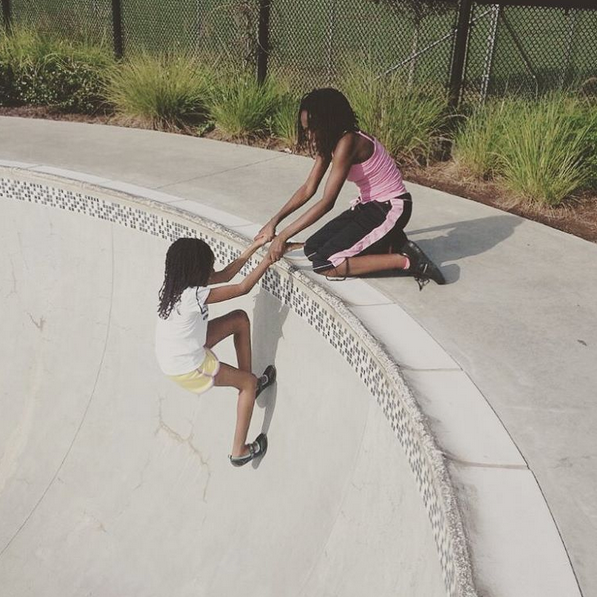
Education and learning are not the same.
Becoming an unschooling family nearly six years ago has given my tribe of four (my partner and I have two daughters, ages 12 and 10) a much broader perspective on what learning means, and how education often hinders the learning process.
We can give children education, and it can be proven by their diplomas and certificates and degrees. They can retain information for blocks of time and give it back to a computer during a test; that is how education is measured.
To educate is to instruct, and we know that being given instructions — whether verbally or in writing — for how to replace a car engine, for example, doesn’t automatically mean that we have learned now how to do this, and have acquired this skill long term.
I like the way the science and technology activist, Joi Ito puts it. He says: “Education is what people do to you. Learning is what you do for yourself”
But most of don’t see it that way. We say that we send our children to school to encourage them to learn, to support them in getting the skills they so as not to suffer from lack of life choices, right?
But how do we support something without first understanding it? And in this context, how do we support each individual inside a classroom when we don’t start by learning that individual?
We start instead by giving that individual things to study. Things to process in predetermined segments of time. We do educating to them, instead of starting by learning who these individuals are, so that they may learn more about their own interests and their own learning style.
In learning, both intellectual development and emotional intelligence are involved and valued. In learning, experience is not boxed in through a lens dictated by adults’ decisions about what information all children must get and be tested on.
It has been proven repeatedly by applied models in various cities and countries across the world, that real learning — meaning long term skill acquisition and resulting intellectual or personal enhancement — is best fostered where interest and voluntary participation are present. And this interest, as well as this willingness to participate, along with how they choose to participate, will differ from person to person, of course.
But in a setting with one or two adults and anywhere from twelve to thirty children, these young individuals are not being explored — we are not learning them in efforts to help them learn themselves and engage with the world. We just focus on the student label, and we enable adults to treat children not as individuals, but as receptacles for information, and as people to be molded and filled with predetermined, monocultural ideologies and bits of information.
But children are no more students than adults. We are all always learning things, whether we get an education or not. Children are not inherently students, they are individuals. And like adult individuals, they differ in how they learn, what they require, and who and how they are.
The traditional model across America and Jamaica — the two places with which I am most familiar in terms of traditional, generally affordable, government regulated educational structure — do not divert from the model of teacher giving student directives on what to study and how to prove whether students are educated on the chosen topics.
School does not divert from the model of small segments of time to study a topic, and then to stop studying that topic at the sound of a bell, and then move on to another topic, taught by another person, who answers to the same structure that treats children like one type of thing, instead of like individuals who are capable, and I would argue — deserving of the right of having much more of a say in what they study, and how they engage with learning.
This is why unschooling is such an important part of how we make space for our children to learn themselves, and for us to learn them. And in a surprising twist — for us, unschooling was also the catalyst for us to peel back the layers of our circumstantial selves — the selves that were build upon us, so that we could deschool ourselves, and stop putting our education in front of our learning and living experiences. So now, we are lifelong learners, and for now, we don’t do that through school.
School can be a resource for learning, but when it is forced and as long as it continues to replace individual understand and needs with one-size-fits-all curricula, it will always leave many young individuals behind; it will always fail some children, it will always be a hindrance, instead of a conduit for real learning.
***
Want more? This is an except from the first unschooling course inside my virtual learning nation. Learn more by exploring the course.

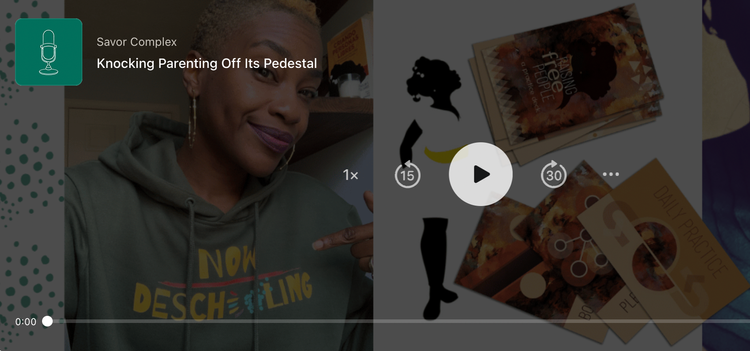
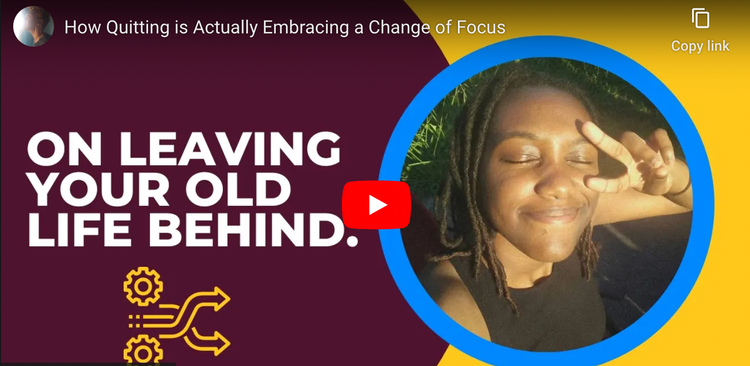
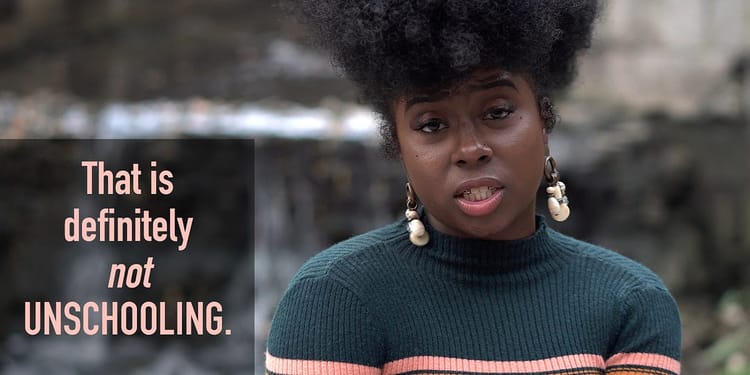
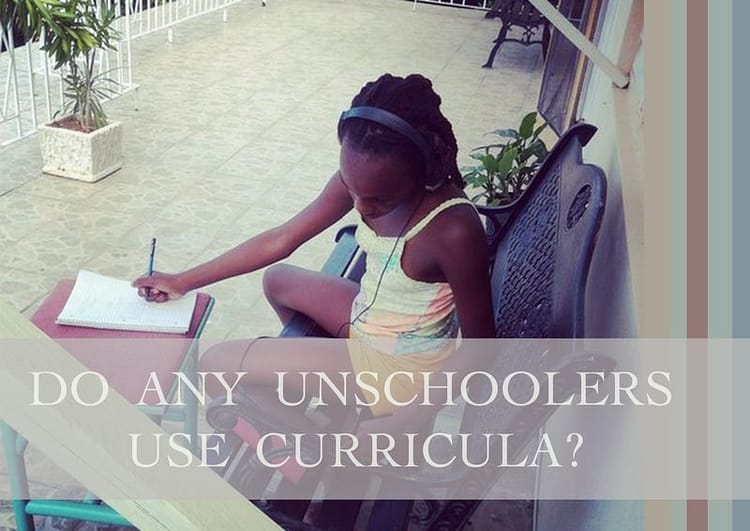

Member discussion